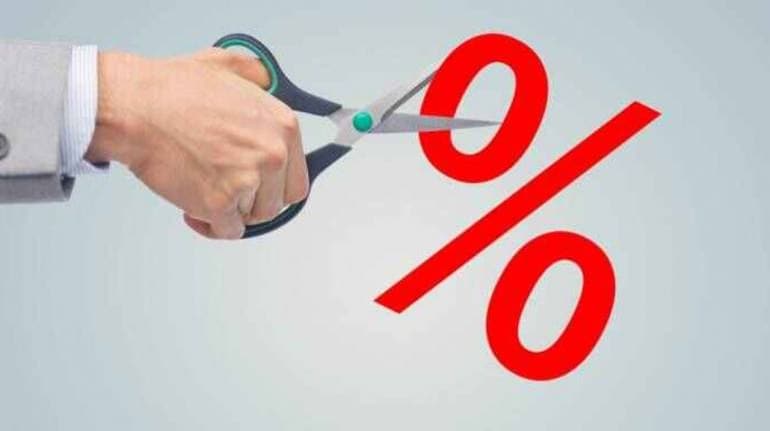
Vivek Kohli and Mudit Gupta
On March 27, due to the prevailing COVID-19 situation, the Reserve Bank of India (RBI) announced that all commercial banks and NBFCs (Non-Banking Financial Corporations) had been permitted to allow a moratorium of three months on all term loans, including home, personal, education and auto loans and credit card dues outstanding as on March 1.
While this came as a welcome move, it also left much to be desired. First of all, the moratorium is not mandatory and leaves it to the discretion of individual banks or NBFCs to allow or not allow the moratorium. The finer details of implementation and execution have also been left to the banks.
Most government-owned banks, as well as many top private sector banks, have decided to go ahead and grant the EMI moratorium to their customers. While this moratorium prima facie seems beneficial in nature to assist the cash flows of individuals and businesses in these trying times, is it really beneficial?
First, it may be noted what this moratorium provides is a deferment and not a waiver. The implication is: (i) the interest will continue to accrue on the outstanding loan amount during these three months; (ii) at the end of the period, the interest will be compounded – meaning it will become part of the principal; thus, (iii) borrowers will ultimately end up paying a higher interest and the loan tenure will be extended.
Second, the comeback is not going to be instantaneous. Already there is talk of a graded return to normalcy and the “lock-down” being removed gradually. There is almost unanimity amongst all thought-leaders that the recovery, from this disastrous virus, will not be immediate but will take a long time. How nullified cash flows will permit the payment of higher interests, within three months, is a mystery.
An important question that needs to be addressed is whether this “deferment” is the best that the government can do at this unprecedented time.
The answer possibly lies in another step that the RBI took on the same day – the reduction of the repo rate by 75 basis points from 5.15 to 4.40. As it is well known, the repo rate is the rate at which the RBI lends money to various banks.
The repo rate is, therefore, one of the most important factors in determining the “cost of money” so far as banks are concerned. A reduced repo rate results in reduced “cost of money” for banks, which - in turn - permits them to reduce the cost of funds for NBFCs and customers.
Till a few years back (2016), the RBI was struggling to ensure that a reduction in the repo rate results in an immediate reduction of the Base Lending Rate (BLR). After 2016, that mechanism is now more robust, and it is possible to link the BLR to an external benchmark – such as the Repo rate.
Thus, a reduction in the repo rate, or even a temporary waiver, could result in an immediate benefit to various borrowers – especially, the micro, small and medium enterprises besides individuals. It is imperative for the RBI to consider grant of some substantial relief to a public in complete disarray, apprehensive about its future and fearful of liabilities that will follow the COVID-19 situation. A mere deferment inspires no confidence in the public that the government has their back and will stand with them.
To infuse that very confidence what is required at the moment is that the RBI considers waiving the repo rate for the next three months. This would reduce the cost of funds for the banks and enable them to pass on an interest break of almost 4 percent to its customers – enterprises and individuals.
To determine the impact of this step, in somewhat simplistic terms, we would need to consider the: (i) quantum of money lent by the RBI to the Banking system – which could be taken as the sum of Time and Demand Deposits, a total of Rs 14,182,080 crores (Time Deposit of Rs 12,606,045 crores and Demand Deposit of Rs 1,576,035 crore); (ii) a repo rate reduction of 4 percent per annum for three (3) months; resulting (iii) in a quantum of Rs 141,821 crores being foregone by the RBI.
We may do well to remember that this figure – which is a benefit being passed on to individuals and enterprises of this country – would be close to the dividend paid by the RBI to the Government of India in the recent past.
Surely, the citizens of this country deserve a break in these trying times.
The authors are senior partner and senior associate respectively at Zeus Law
Discover the latest business news, Sensex, and Nifty updates. Obtain Personal Finance insights, tax queries, and expert opinions on Moneycontrol or download the Moneycontrol App to stay updated!